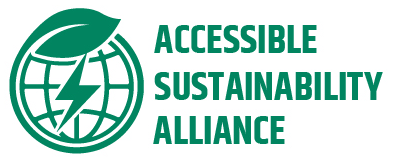Collective action by individuals is arguably the most effective approach to supporting global sustainability. While large-scale government policies and corporate initiatives play a crucial role, the cumulative impact of individual actions can be transformative.1 When countless individuals make conscious choices in their daily lives, a powerful ripple effect occurs.
For example, choosing sustainable transportation options like biking, walking, or public transport reduces reliance on fossil fuels and decreases carbon emissions.2 Opting for plant-based diets minimizes the environmental impact of animal agriculture, a major contributor to deforestation and greenhouse gas emissions.3 Furthermore, reducing consumption, reusing products, and recycling effectively minimizes waste and conserves resources.4
Collective action empowers individuals to become active participants in the sustainability movement.5 By joining community gardens, participating in local cleanups, or supporting environmental organizations, individuals can directly contribute to positive environmental change.6 These actions not only benefit the environment but also foster a sense of community and shared responsibility.
Moreover, individual actions can influence broader societal shifts.7 When consumers actively choose sustainable products and services, they send a strong message to businesses.8 This consumer pressure can incentivize companies to adopt more eco-friendly practices, such as reducing their carbon footprint, minimizing waste, and sourcing sustainable materials.9
Furthermore, individual actions can inspire and motivate others. Sharing personal stories of sustainability successes, advocating for change within their communities, and educating others about environmental issues can create a ripple effect of positive change. By inspiring others to adopt sustainable practices, individuals contribute to a broader movement towards a more sustainable future.10
In conclusion, while government policies and corporate initiatives are essential, collective action by individuals is a cornerstone of global sustainability.11 By making conscious choices in their daily lives, individuals can significantly reduce their environmental impact, influence broader societal shifts, and inspire others to join the sustainability movement.12
References:
- United Nations Environment Programme (UNEP): https://www.unep.org/
- World Wildlife Fund (WWF): https://www.worldwildlife.org/
- Intergovernmental Panel on Climate Change (IPCC): https://www.ipcc.ch/
- Environmental Protection Agency (EPA): https://www.epa.gov/
- Project Drawdown: https://drawdown.org/solutions




